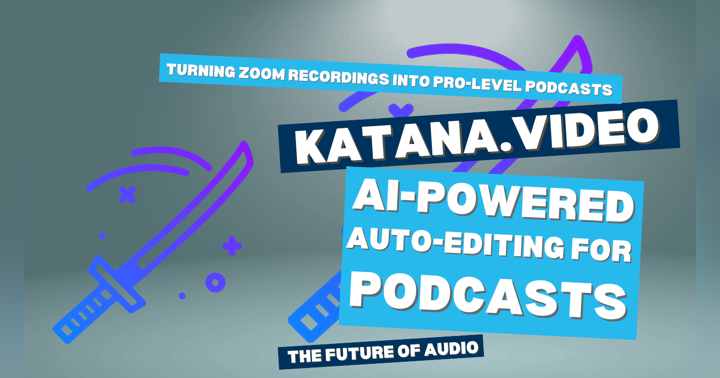South Africa Seeks Greater Control Over Podcasts As Their Influence Grows

Podcasters in South Africa, Africa’s biggest podcast market, have a reason to worry. South African Parliament is looking for a means to regulate podcast content in the country.
Khusela Diko, the chairperson of the Parliamentary Portfolio Committee on Communications and Digital Technologies, told eNCA, a 24-hour television news broadcaster, that it was now time to regulate podcasts.
“The issue of regulation of podcasts and over-the-top services has been a matter that has preoccupied the committee since its establishment in July last year,” Diko said.
Podcasts are outpacing Traditional Media
Ms Diko added that the need to regulate podcast content is an attempt to ensure that Podcasts are governed by the same laws that regulate traditional media in South Africa. Current broadcasting laws do not apply to platforms like podcasts, leaving a legal gap.
“The Broadcasting Act, which regulates broadcasting media, is as old as 1999, and the Electronic Communications Act is as old as 2005.”
Beyond the outdated legislation, Diko also noted that the much-delayed Audio and AudioVisual Content Services (AAVCS) policy remains unresolved. The AAVCS aims to modernise broadcasting regulations in South Africa so that digital content providers like streaming services meet requirements similar to those of traditional broadcasters.
This would bring content such as podcasts on digital content platforms, like YouTube, into the regulatory range of the South African government.
“We’re saying that the government needs to extend the scope of the Broadcasting Complaints Commission to include platforms such as those that include podcasts,” Diko said.
What you need to know about Podcasting in South Africa and Africa
Podcasting Community in South Africa, however, worries that this move will infringe on the freedom of expression, stifling digital creativity. Podcasting culture in South Africa is big and even rivals traditional media houses in terms of views and engagement. Loved for their ‘free’ nature, where hosts and guests can speak their minds, podcasts have grown in popularity, especially among the youth, despite structural issues and limited internet penetration.
South Africa remains Africa’s biggest podcast market, closely followed by Nigeria, Kenya, and Egypt. The podcasting market in South Africa is expected to reach a projected revenue of US$ 1,846.3 million by 2030. A compound annual growth rate of 34.8% is expected of South Africa podcasting market from 2025 to 2030, according to Grandview Research.
Across the continent, the average podcast listener is between 24 and 30 years old, and more women than men listen to podcasts. Weekly podcast listeners consume an average of four episodes per week in South Africa, according to the Infinite Dial 2022 South Africa conducted by Edison Research.
Also Read: How to Thrive and Stand Out in Today's Podcasting World with Caroline Hull
Podcasters in South Africa favour a self-regulated system, similar to the Press Council of South Africa, where several media houses came together to form the council and formulated and abide by a code of practice and ethics.
This is similar to the Broadcasting Complaints Commission, which regulates radio and television broadcasts in South Africa.
With podcasting's popularity growing across Africa, many countries are likely to take cues from South Africa in regulating the medium. Given their history of tightening control over traditional media—once independent but now often serving as government mouthpieces—authorities may soon attempt to bring podcasts under similar influence in a bid to shape narratives and restrict dissent.



